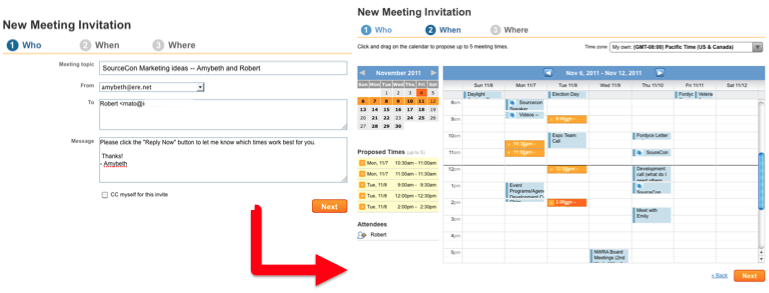I’ve said it before and I’ll say it again: I think Millennials get a bad rap, especially when it comes to their workplace ethic.
The Millennial generation, in my view, is no better or worse than any other generation that came before. Yes, they have their own unique generational issues but in my close experience with them, Millennials reflect what you find in other generations and society as a whole — some are good, some average, some clueless.
Recent surveys have finally started to focus on this, and that’s why this latest research struck me as negative backpeddling about the worth and contribution of Millennials — until I saw that a lot of the negativity is coming from younger workers themselves.
A new poll conducted by Workplace Options (they describe themselves as a leading global provider of work-life programs and employee benefits), “shows a shared sentiment across age groups that Millennials have a distinct attitude toward workplace responsibility – one interpreted as largely lackadaisical.”
A different attitude towards work
How lackadaisical exactly? Here’s how:
- Some 77 percent of the workers surveyed believe Millennials “have a different attitude toward workplace responsibility than workers of other age groups;”
- 68 percent feel that Millennials “are less motivated to take on responsibility and produce quality work compared to their counterparts;” and,
- Nearly half (46 percent) think Millennials are less engaged at work than other employees.
At this point, I know a lot of you may be asking, “OK, what’s so different about this?” It certainly is similar to what you might have read or heard elsewhere, but what surprised me was that the poll also found that Millennials themselves generally share these same attitudes, although to a lesser degree. For example, when you break out responses from Milennials only:
- Some 59 percent agreed that their generation “has a different attitude toward workplace responsibility than their peers;”
- Another 55 percent acknowledged that workers of their generation “are generally less motivated to take on more responsibility;” and,
- More than a third (34 percent) reported that Millennial workers are less engaged than older workers.
Why this may be shortsighted
“The idea that younger workers are not as engaged or motivated as older workers is interesting from a management perspective, but may be shortsighted,” said Dean Debnam, chief executive officer at Workplace Options in a press release explaining the survey. “The attitudes reflected in this poll may stem, in part, from the responsibilities younger workers typically have as more junior employees, but this is certainly a trend to monitor.”
He added: “The new challenge for managers is not only finding ways to engage Millennials in workplace culture, but also bridging the gaps that exist between employees of different age groups.”
Yes, figuring out how to better engage Millennials is the name of the game, but hasn’t this always been so with every new generation that comes along? What is needed to engage Millennials may be a lot different, but every new generation brings a different set of attitudes and expectations to work. It’s the job of managers and executives to figure out what is needed to get these new workers more involved — just as it always has been.
Dean Debnam seems to agree.
“Compared to the results across all age groups, these self-assessments do not paint a completely different picture,” he said. “Workplaces are currently going through a ‘changing of the guard’ with new technology and new ways of doing business being implemented every day. As these changes take place and Millennials grow into new roles that come with more senior responsibilities, these perceptions around attitudes and productivity will likely change across the board.”
Needed: less bashing, more engaging
Yes, let’s hope that these perceptions start to change, because I am getting sick and tired of the non-stop drumbeat that Millennials are somehow the scourge of the modern workplace. I know that may seem like a bit of hyperbole, but not by much. If we took the time spent bashing young employees and used it to focus on how the better engage them in the modern workforce, I think we’d all be a lot better off.
So, let me repeat this one more time:
In my personal experience with the Millennial generation — I hate the nonsensical and meaningless Generation Y tag that some use to describe them — I have found that there is no one way to characterize or manage them. The three Millennials that I am closely related to are as different as any three people you would find on a street corner. And the classroom of Millennials that I teach writing to each semester at a local university follows this same pattern…
The notion that the Millennial generation is so unique and different from generations before them is nonsense. They are different, yes, but so is every other generation, and it’s something that managers have dealt with long before pricey leadership coaches came along and decided we needed their services.”
This national survey from Workplace Options was conducted by the North Carolina firm of Public Policy Polling from September 8-11, 2011. The survey polled 637 working Americans and has a margin of error of plus or minus 3.9 percent.
